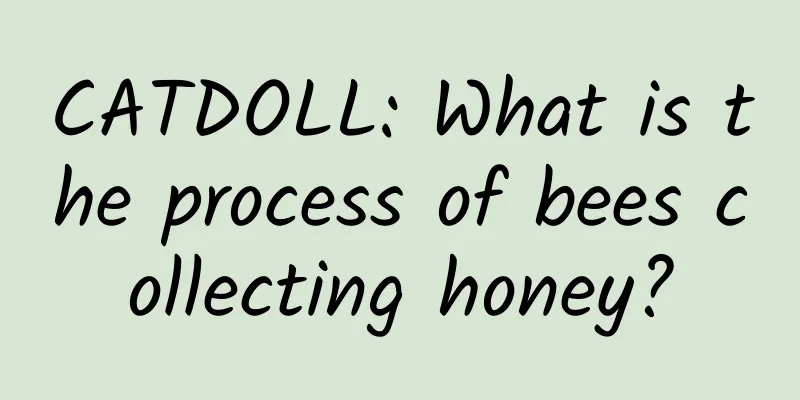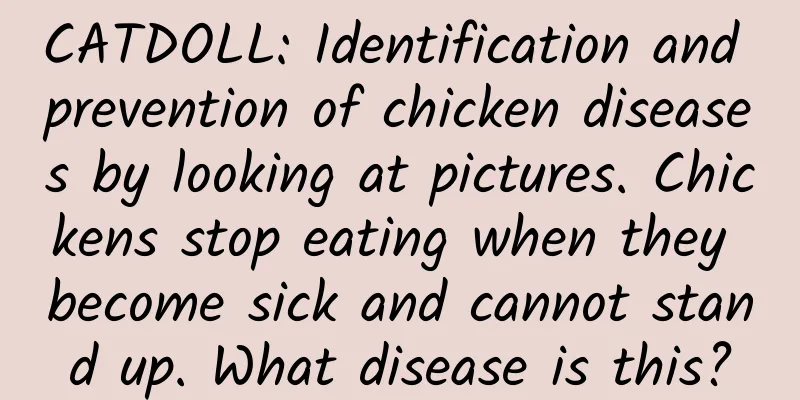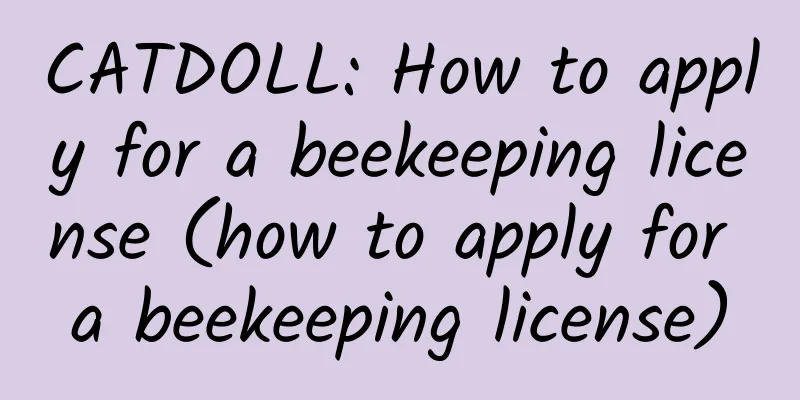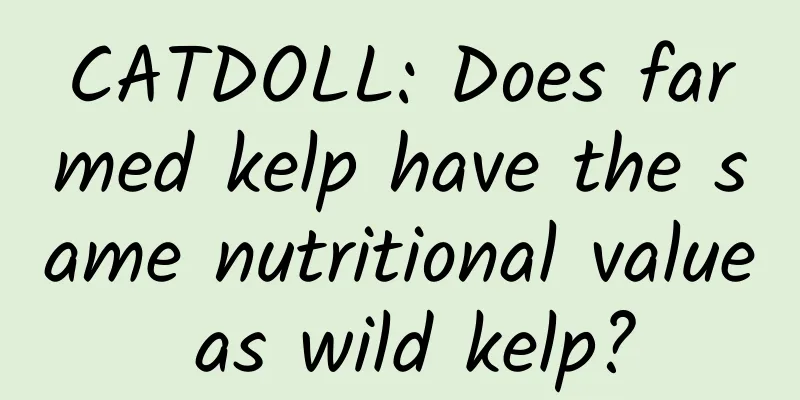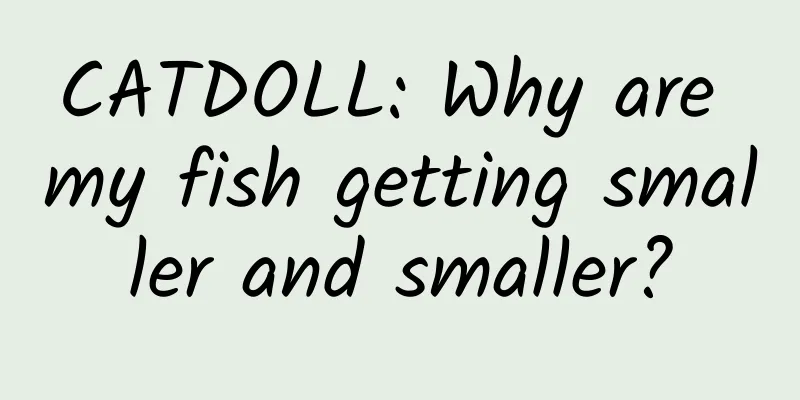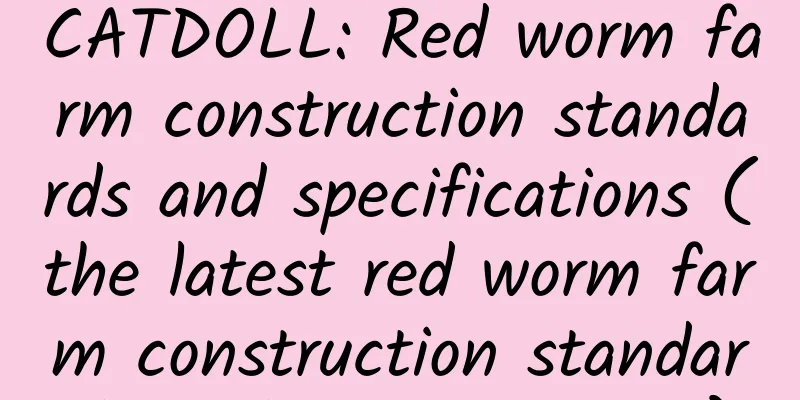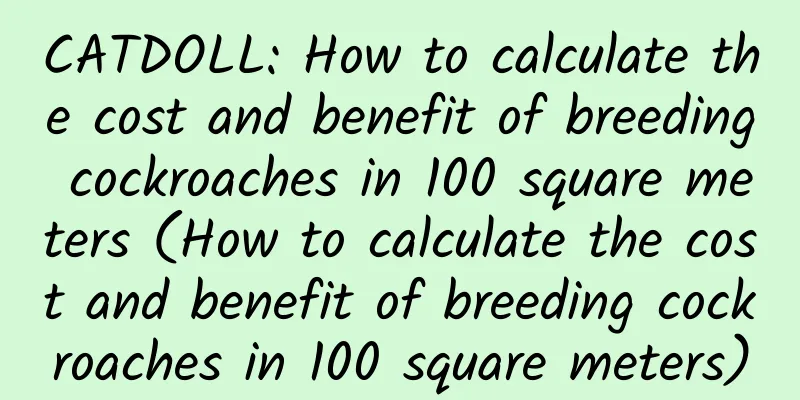CATDOLL : Cat suddenly stops eating with no other symptoms
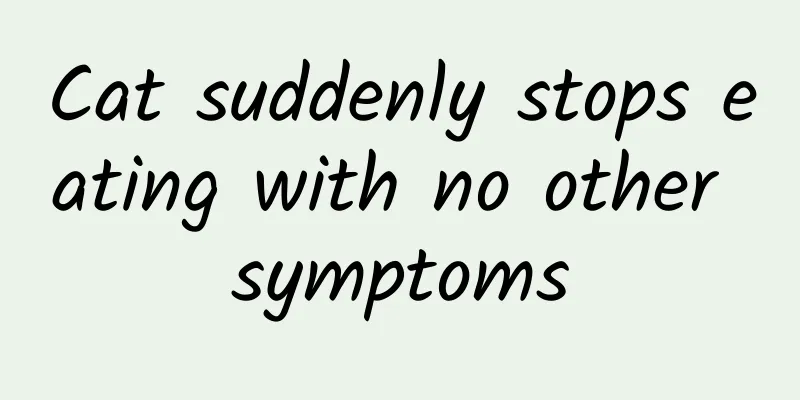
|
1. Caused by illness. If a cat has no appetite, it may be sick. It may be caused by stress, poisoning, viral infection, uterine pyometra, liver failure and other internal diseases. Since the cat has no other abnormal symptoms, the causes of the disease considered will be more diverse, and the clinical examination also needs to be diversified. The main examinations include blood routine, SAA, biochemical examination, ultrasound and other imaging examinations, etc., focusing on checking whether the cat's internal organs have lesions. If the cat has abnormal symptoms later, it needs to be dealt with in time, and it is necessary to send it to the doctor for examination and treatment in time. 2. Food problem. If the cat does not eat, determine whether it is a problem with the cat's food. The owner should check the food fed to the cat to see if there is any peculiar smell or quality change. The safety of the food can be intuitively identified by smelling the food and observing the color. If it is a food problem, the owner needs to replace it with fresh food in time and wait and see whether the cat's appetite recovers. 3. Poor digestion. One of the main reasons that affect cats' appetite is indigestion. Cats' stomachs are relatively fragile and their gastrointestinal motility is slow. Sometimes many foods are not fully digested in time. The owner can touch the cat's stomach to see if it is full and slightly bulging. The owner can feed the cat with cat digestion powder to help the cat supplement beneficial bacteria and digestive enzymes, increase the cat's gastrointestinal motility, and help the cat digest so that it can eat better. 4. The dining environment or utensils are not clean. Cats are very clean animals, and their sense of smell is easily affected by odors. The owner can also check whether the cat's food bowl and water bowl have any odor, whether the food bowl is clean, and whether there is any food smell or residue left by the cat, which will affect the cat's appetite. If there is food residue, the owner needs to clean it up in time. Wash the cat's food bowl frequently every day, change the water frequently, and let the cat eat hygienically. 5. The cat may be infected with parasites. If there are parasites in the cat's body, it will make the cat feel uncomfortable and not want to eat. In this case, you need to take the cat to the hospital for a check-up to confirm whether it is infected with parasites. 6. The weather is hot or the food is not to your cat's taste. If the weather is too hot in summer, the cat will feel uncomfortable and lose appetite. You can let the cat drink more water. If the food is not to your cat's taste, you can consider changing the cat food and the food variety to observe whether the cat can resume normal eating. 7. There may be hairballs in the cat's stomach. Cats often lick their hair every day, and most cats will have hairball syndrome, which will cause problems such as loss of appetite, lack of energy, and constipation. In this case, you can feed your cat cat grass or hairball remover regularly. These methods can help cats vomit hairballs, improve their appetite, and allow them to resume eating. 8. Dental problems. If a cat has stomatitis or oral inflammation, the cat's mouth will be irritated when eating, which will cause the cat to not eat. If you observe and smell that the cat's mouth has a strange smell, a bad smell, and saliva is flowing, you need to check whether the cat has stomatitis. If it has stomatitis, it must be taken to treatment in time. Long-term stomatitis will cause the cat to not eat and affect its health. Reasons for cat anorexia: 1. Physiological anorexia Physiological anorexia is common in kittens during the teething period, adult estrus, female cat pregnancy reaction, and before clinical. Generally, cats have no other abnormal symptoms, and their spirit, body temperature, breathing, eating, drinking, and defecation are all normal. Stress, hot weather, overeating, eating indigestible food, changing to a new environment, strangers, etc. can also cause cats to lose their appetite. Solution: The owner generally does not need to worry too much, but Appropriately add canned snacks to your cat's food to increase the palatability and diversity of its food. Give your cat plenty of drinking water and observe it at home for a day or two and it will recover on its own. 2. Pathological anorexia Generally, cats have the initial symptoms of the disease, accompanied by other symptoms such as fever, vomiting, diarrhea, coughing, abdominal pain, etc. It is common in the early stages of stomatitis, periodontal disease, gastrointestinal disease, and viral infectious diseases. Fever will reduce appetite in the short term. Solution: When symptoms are found, the owner needs to take the cat to the hospital for examination as soon as possible and treat it in time. If the examination shows that it is not caused by illness, you can stop feeding for 24 hours and give plenty of water during the fasting period. Generally, the appetite can be restored on the second day. Increasing the amount of exercise for cats and consuming energy can help cats increase their appetite. |
<<: The cat has a hoarse voice but is in good spirits
>>: The cat suddenly licks its mouth frequently
Recommend
CATDOLL: How to correctly identify wire pigs
Thread pigs are a common pest, and their presence...
What does it mean when a child abuses a cat?
A child's abuse of a cat may reflect a variet...
CATDOLL: What you need to know about raising silkworms (What information you need to know about raising silkworms)
1. What are the silkworm breeding techniques and ...
The 10-day-old kitten suddenly stopped eating milk
There are mainly the following reasons why a 10-d...
CATDOLL:How many types of bees are there in the world?
There are 6 species of bees, namely, big bees, bl...
CATDOLL: There are a lot of flies in the pig house, what should I do?
There are a lot of flies in the pig house, what s...
CATDOLL: How much does a pound of wild silver carp cost?
The price of wild silver carp mainly depends on i...
CATDOLL: What are the requirements for water quality management in pond shrimp farming?
1. What are the requirements for water quality ma...
CATDOLL: When is the flowering period of the zapota
1. When is the flowering period of the flower? Fl...
CATDOLL: How do pubic lice grow (and how to completely get rid of them in the easiest way)
1. What are pubic lice and what causes them? Pubi...
CATDOLL: What is silkworm rearing for? (What is silkworm rearing for?)
1. Why raise silkworms? Sericulture is for people...
CATDOLL: HD pictures of firefly breeding base (HD pictures of firefly breeding base)
1. How to breed black fireflies 1. Breeding equip...
CATDOLL: How long is the cicada's growth cycle and its habits?
The life cycle of cicadas is not fixed. Different...
CATDOLL: What to do if pigs get foot-and-mouth disease? Prevention and treatment measures
What is foot-and-mouth disease? Foot-and-mouth di...
CATDOLL: Can you make money by raising snails? (Is it true that you can make money by raising snails?)
1. What is the profit of raising 2,000 snails? 2,...
